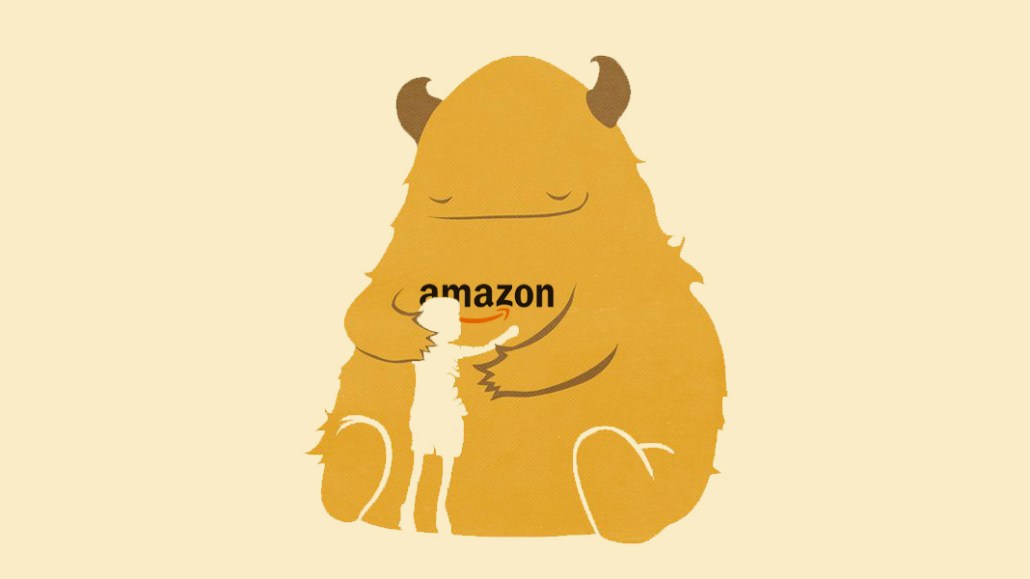
Amazon Prime Day has officially risen to the level of Black Friday and Cyber Monday for American shoppers, leading many publishers to rush out special content features to capitalize on the hullabaloo.
Ziff Davis, parent to publishers including Mashable, PC Mag, and Everyday Health, has been preparing for Prime Day for the last two months. It has written 40 pieces about Prime Day already. Digital Trends is covering Prime Day for the first time, hiring Instagram influencers to tout deals content. New York Media’s The Strategist, will use desktop notifications to push deals to its audiences, a product change it incorporated just a week ago. It’s also going to increase the cadence of its newsletters, and send a Prime Day-specific email not just to Strategist newsletter subscribers, but to people that get newsletters for New York Magazine, as well as its verticals including The Cut and Vulture.. Future plc, which owns titles including TechRadar and PC Gamer, is launching dedicated Prime Day pages on three of its titles.
As Prime Day has gotten longer — it grew into a 30-hour event last year — Amazon has begun offering promotions further and further ahead of the actual sales day itself.
“Prime Day used to be a sprint, but lately it’s been more like a 5K,” said Shep McAllister, the managing deals editor of Gizmodo Media Group. “We’ve worked with companies that make our readers’ favorite products to build a spreadsheet of the promotions we’re expecting once the event officially starts. There’s a lot more prep work involved than there used to be, but it means we can get the best stuff published and shared with our readers before it starts to sell out.”
Even though Prime adoption rates may be slowing in the United States, according to Consumer Intelligence Retail Partners, it remains an enormous program with 95 million U.S. subscribers. And Amazon remains the backbone of most publishers’ affiliate commerce operations. Clique discovered that the conversion rate on products sold through Amazon is 10 percent, several times higher than the next-highest rate.
Last year, no publishers spent money distributing Prime Day content on Facebook, according to Keywee. But this year a number of different publishers, including CNET, Wirecutter and The Inventory, began running Facebook ads last week to promote their Prime Day deals content.
Because Prime Day is a deal-focused event, every publisher working on it have devised elaborate systems to find, write up and distribute stories about deals as quickly as possible. Reviewed, a service journalism site owned by Gannett that will distribute its Prime Day content across the USA Today Network this week, has a team of nine people scanning for deals.
Wirecutter hired two extra part-time contributors to help surface and disseminate deals more quickly. It needs the extra manpower because the number of products it tracks has grown substantially: Over 1,000 items it feels are worthy of an endorsement have been added to the database of products it tracks since last year, according to Wirecutter’s deals editor, Adam Burakowski.
And this year, because Prime Day has been extended an additional six hours, some publishers are going to have teams working around the clock. Ziff Davis’s site, Tech Bargains, has a deals team spread out across eight hours’ worth of time zones (it has members in San Francisco, New York and London).
More in Media

In Graphic Detail: The scale of the challenge facing publishers, politicians eager to damage Google’s adland dominance
Last year was a blowout ad revenue year for Google, despite challenges from several quarters.

Why Walmart is basically a tech company now
The retail giant joined the Nasdaq exchange, also home to technology companies like Amazon, in December.

The Athletic invests in live blogs, video to insulate sports coverage from AI scraping
As the Super Bowl and Winter Olympics collide, The Athletic is leaning into live blogs and video to keeps fans locked in, and AI bots at bay.








